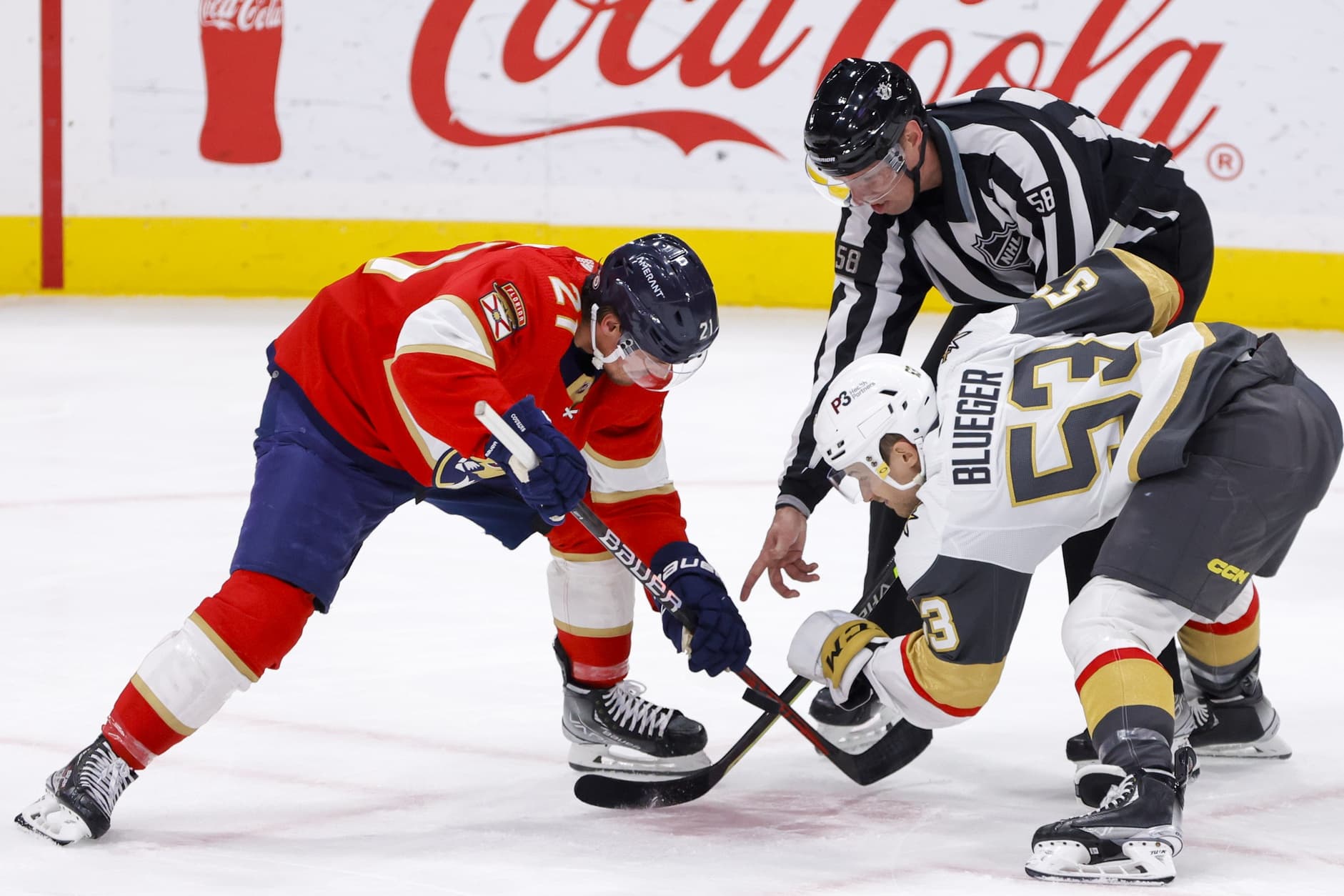Playoffs are the goal, but the Canucks are now set to profit at the NHL Trade Deadline if they fall short
Photo credit: © Sam Navarro-USA TODAY Sports
1 year ago
Keep scrolling for the next article
Breaking News
- Takeaways from the Canucks’ win vs. Philly: Canucks Conversation
- Scenes from Canucks practice: Maintenance day for Miller and new power play lines
- What might the Canucks’ lines look like once Dakota Joshua returns?
- NHL PDO Watch 2024/25: The Canucks are back to the middle of the pack
- JPat’s Monday Mailbag: Figuring out the optimal Canucks lines when injured players return
